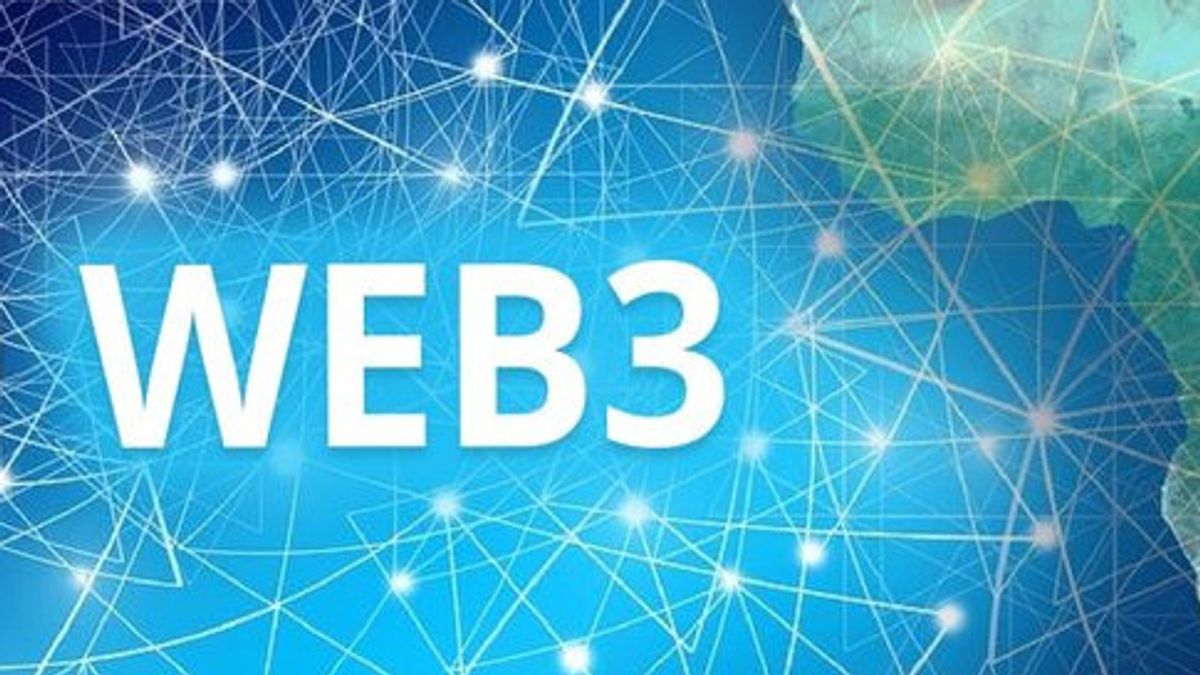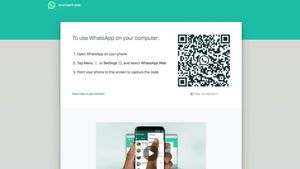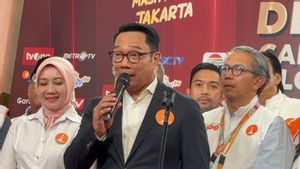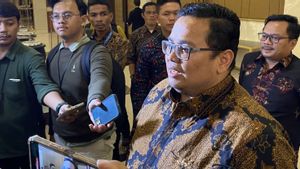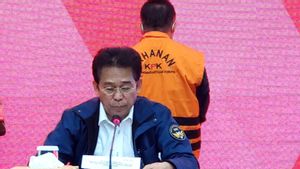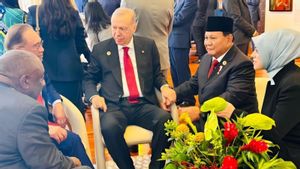The developer of Cartesi supporters, a Web3 protocol for rollups, Jathin Jagannath, noted regulatory uncertainty as a significant obstacle in the Web3 landscape in Africa. According to Jathin, the absence of clear and well-defined regulations around Web3 technology can create helicity among potential users and investors.
Jathin stressed that regulatory uncertainty could lead to inconsistencies to fully embrace the possible transformation offered by Web3.
"With regulatory clarity, enhanced digital literacy, and infrastructure improvement, we will see Africans overcome these barriers and shift to rapid modernization," Jathin said, quoted by VOI from Cointelegraph.
Africa is a continent that has great potential for Web3 adoption and innovation. According to a recent report from PricewaterhouseCoopers and Emurgo Africa on Web3 in Africa, blockchain funding across Africa increased by 1,668% in 2022, with Kenya, Nigeria, and South Africa leading Web3 adoption on the continent.
Despite having great potential for Web3, Jathin highlighted the lack of massive education and access to knowledge in Africa. He stressed the importance of enhanced digital literacy, stating that skilled workers and market share who understand technology are key to successfully integrating Web3 technology.
In talks with Ayoska Israel Ayodeji, program director of Web3bridge, he highlighted challenges in education and access to knowledge for developers in Africa. Ayodeji stressed that high poverty rates often make people prioritize trade over comprehensive learning.
SEE ALSO:
Despite these challenges, Cartesi and Web3bridge joined forces to hold a eight-week Cartesi masterclass in Nigeria in early January 2024. Jathin mentioned their commitment to increasing the appearance and improvement of developer skills in Nigeria's dynamic blockchain ecosystem.
Africa is ready to experience Web3 explosions in 2024 and beyond, some of the reasons include younger demographics and volatile currencies, according to Jathin. However, according to the Oxford Business School, nearly 24% of Africans do not participate in the banking system.
Jathin highlighted the potential of Web3 in Africa, stating that decentralized wallets and other Web3 applications can address current challenges and bring transformative changes in the way Africans interact with financial systems and trade across borders.
The English, Chinese, Japanese, Arabic, and French versions are automatically generated by the AI. So there may still be inaccuracies in translating, please always see Indonesian as our main language. (system supported by DigitalSiber.id)
